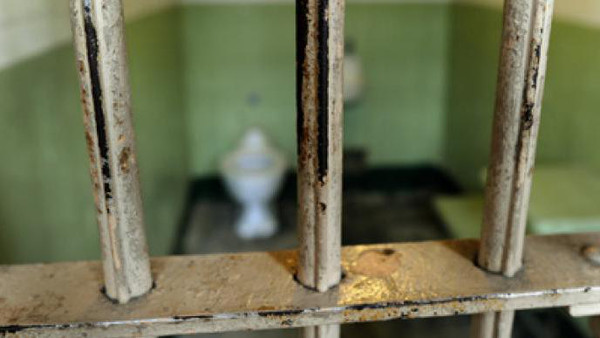KUALA LUMPUR, Dec 8 ― Malaysia has seen some improvement this year in the number of alleged torture and deaths of those under police custody, human rights group Suara Rakyat Malaysia (Suaram) said today.
Suaram project coordinator Dobby Chew said there has been fewer reports of torture from those in police custody.
“This year when we get a lot of cases, we usually ask them ‘Did anything happen to you? Did you get roughed up?
“Starting of the year was rather pessimistic, everyone has recounted some degree of torture, physical violence; but as the year progressed I think this April or May, incidences of that being reported has reduced quite a bit.
“I think we still get one call or two calls a week but most of the time it’s not as bad anymore, so I think there is some sort of improvement from our pressure,” he said at the launch of Suaram’s annual human rights report.
In its Human Rights Report Malaysia 2016 Overview, Suaram said several high-profile cases alleging police brutality and torture had come to light despite the relative improvement in the number of such cases of police ill-treatment.
The report highlighted three cases of alleged police torture and ill-treatment this year, namely Nor Ros Syaidi Abdullah, Muhammad Izzatuddin Marzuki and a police officer’s alleged sexual assault of three teenagers at the Jinjang lockup.
The report also said an existing Special Order by the Inspector-General of Police and a Selangor police chief order against violence or force on detainees have not eradicated police ill-treatment during detention, further citing the Human Rights Commission of Malaysia’s survey of police detention conditions found that almost 10 per cent of 369 detainees alluded to have witnessed, heard or suffered physical violence.
As for deaths in police custody, Suaram said the number of documented cases have gone down from 10 last year to two cases this year.
Suaram’s report said that that 721 prisoners were reported to have died in custody during the 2013 to April 30, 2016 period, an average of 18 deaths per month, with Suaram only recording two more deaths — attributed to suicide and damage to intestine and infection — since April until this October.
The bulk of these custodial deaths involved Malaysians at 632, with various illnesses and medical conditions such as HIV, cancer, cardiac arrest being the main reason for death.
“While some of these diseases may be considered to be incurable, diseases such as tuberculosis and asthma,” it said.
“While deaths in police custody have been on the decrease, police shootings have been steadily increasing over the years with 33 cases of police shooting, including 31 fatalities reported thus far in 2016,” the report said.
The report’s statistics showed police shot at 41 individuals, resulting in the deaths of 39 of them and leaving two injured.
While there were fewer police shootings after the high-profile 2010 killing of teenager Aminulrasyid Amzah, there were more cases of police shootings again which often involve acts of self-defence by the police, the report said.
“While there has been no sign of foul play in most the cases documented by Suaram, family and friends of the recent shooting along the Selayang highway have approached Suaram suspecting foul play on the part of the police,” it said.
In the same Suaram report, it noted that there was a sharp fall in the use of the Sedition Act this year, but said the government has now switched to using the Communications and Multimedia Act (CMA) as its “primary method to stifle dissent and criticism”.
Suaram’s data showed four convictions and eight investigations under the Sedition Act this year, but with no new prosecution under this law.
According to Suaram’s statistics, there were 206 sedition investigations and 11 prosecution and three convictions in 2015, while 2014 saw 29 sedition investigations as well as 12 prosecutions and three convictions.
As for 2013, Suaram’s data showed 10 investigations, seven prosecutions and one conviction under the Sedition Act.
Suaram said it documented a total of 31 cases involving the CMA, with 20 arrests, four questioned, six charged and one sentenced under the law for online remarks.



















